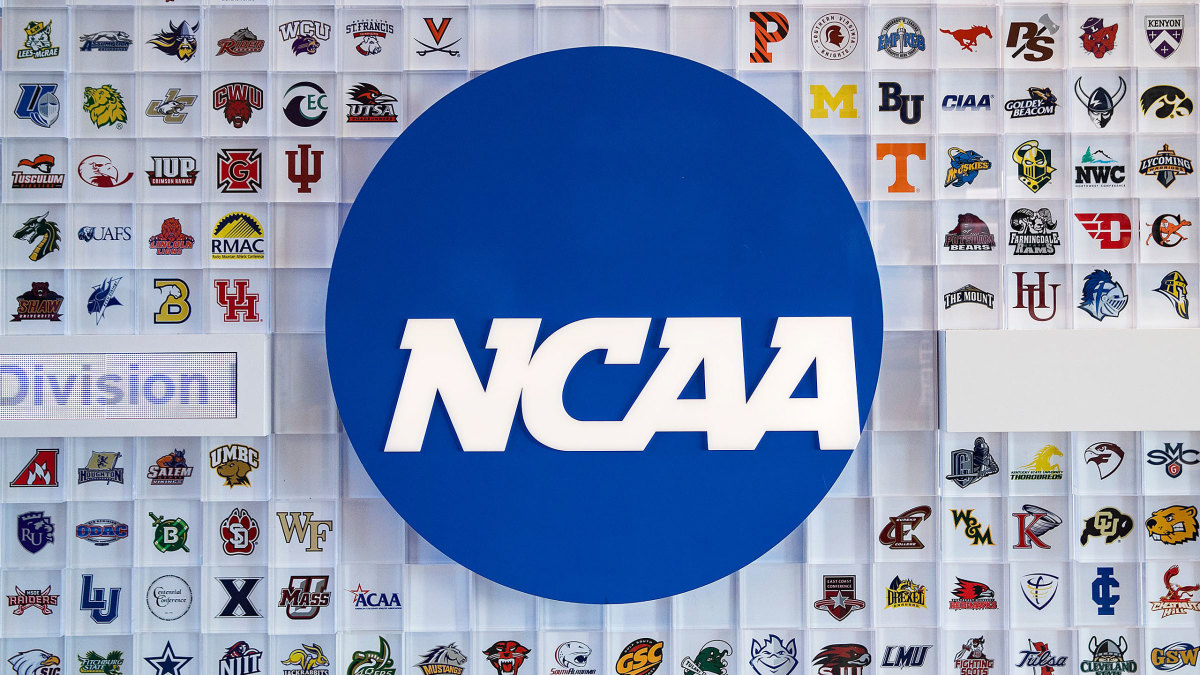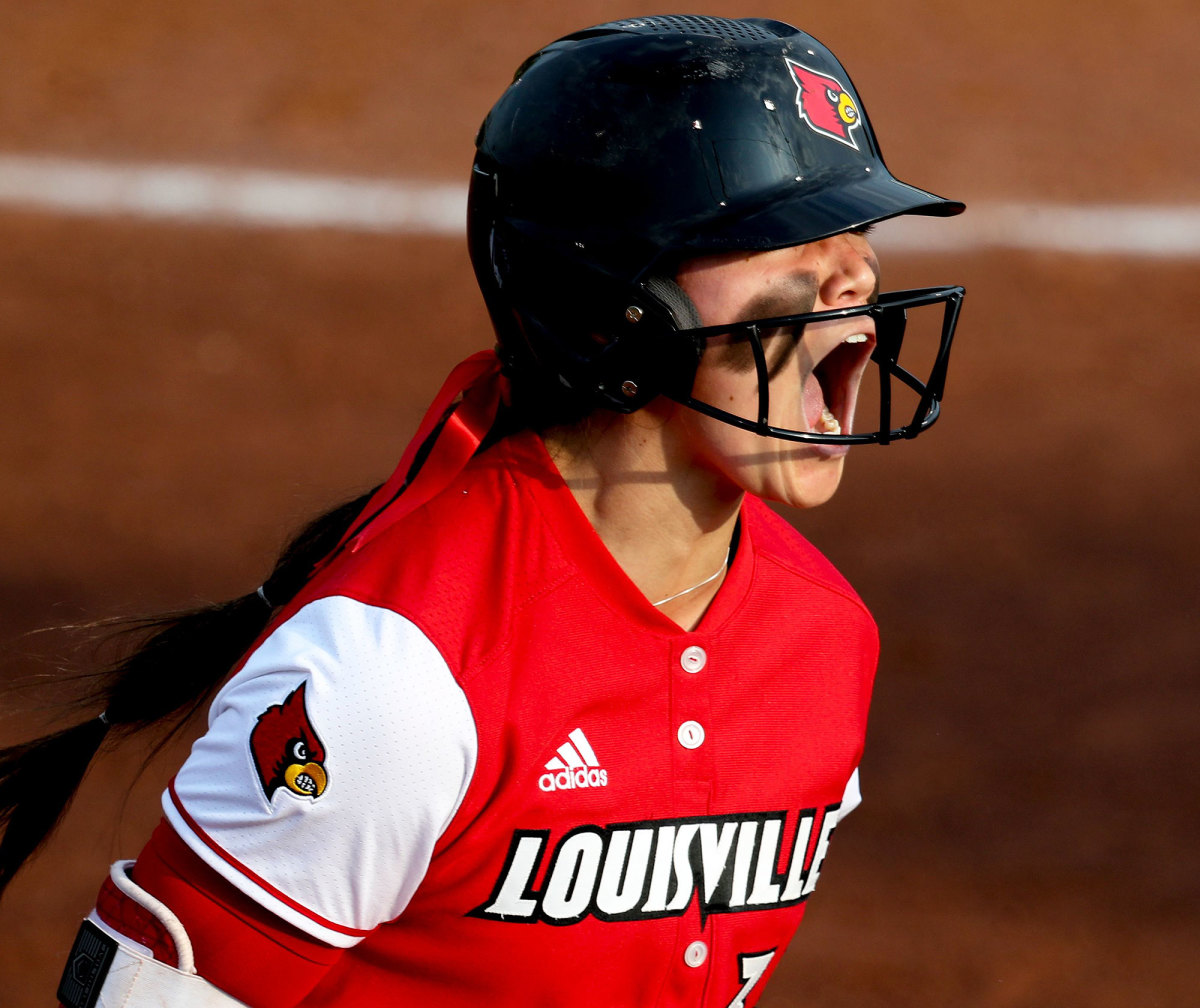To Get NIL Right, Congress Must Protect Nonrevenue Sports

Twitter started up back in 2006, when I was just 8 years old. Instagram kicked off four years later, right around the time I started competing in travel league softball. Through high school, social media was not just an outlet, it was a venue—and that’s true for virtually every college athlete in America. Building a brand on social media is second nature to my generation—and as a student-athlete, I think I have a right to monetize that brand.
Congress is considering a new federal law to recognize the right of every student-athlete on U.S. college campuses to seek payments from third parties for the use of their name, image and likeness (NIL). For the next Heisman Trophy winner, that could mean a significant paycheck for appearing in a nationally televised commercial featuring a high-end car brand. However, for most of us in Olympic sports, it’ll likely just be a few paid posts on Instagram, local appearances here and there and an opportunity to promote our personal YouTube channel. Yet, I believe the time for this revision has come.

Six states have already passed NIL laws, the first of which will take effect this summer, setting the stage for an unjust patchwork that would disadvantage the majority of student-athletes. Therefore, members of Congress in both parties are proposing a national NIL standard. Congress must act soon to have this national NIL standard, preempting state laws, in place before the summer to ensure uniformity throughout collegiate athletics.
For those of us who compete in nonrevenue sports, including but not limited to softball, soccer, golf, track and swim—and there are almost 200,000 of us who make up 80% of the student-athlete population—the scholarships we receive on behalf of our athletic abilities are life-changing. We need NIL legislation that will preserve the revenue-sharing model that uses the popularity of football and basketball to fund broad athletic programs on campuses of all sizes.
Since 2015, our scholarships in the larger conferences have been guaranteed and cannot be withdrawn due to injury, mental condition or performance. Universities like mine provide meals, snacks and nutrition guidance throughout the school year and summer terms. Some student-athletes even receive room and board funding to help cover various living expenses.
We get full medical care, free of charge, and at least two years of medical coverage for sports-related injuries even after our playing days are over. Our doctors on campus have unchallengeable authority to decide our ability to play—you’ve seen this in action during the pandemic as medical officials have had the power to effectively cancel or postpone games.
Academically, the term “scholarship” now means more than ever. Universities offer lifelong degree completion programs for student-athletes who leave early in good standing due to professional athletic opportunities. At the Division I level, each team’s scholarship budget can be funded to the full cost of attendance, providing additional dollars to help defray our cost of attending school. Whether we are on full or partial athletics scholarship, this additional funding helps increase the dollars going directly to the student-athlete. Not to mention we get tutoring, the technology we need to succeed and career counseling to prepare us for the next chapter of our lives.

The collegiate athletics model in the U.S. is unique, an unmatched experience in the rest of the world. In other countries, promising young athletes are pulled from the classroom to train full-time for their sport; but in the U.S., our athletic abilities fund our education. The ability to earn a college degree has a massive impact on the long-term earning power for each of us, which is why these athletic scholarships are so important. College competition enhances Team USA. In the 2016 Olympics, 80% of America’s athletes had competed in college, most in nonrevenue sports like softball.
In adopting needed NIL reforms, Congress should work to protect the existing revenue-sharing model that enables people like me to attend college and prepare for my future—whether that’s in the softball world or in a career centered on my academic major of finance.
It’s time to modernize our NIL rules—and we can do it, while also protecting the majority of students who participate in nonrevenue sports.
Celene Funke is a three-time Academic All-America and center fielder on the University of Louisville softball team. In 2019 she led the nation in triples and earned her undergraduate degree in finance. She is scheduled to graduate with her MBA this spring (2021).
